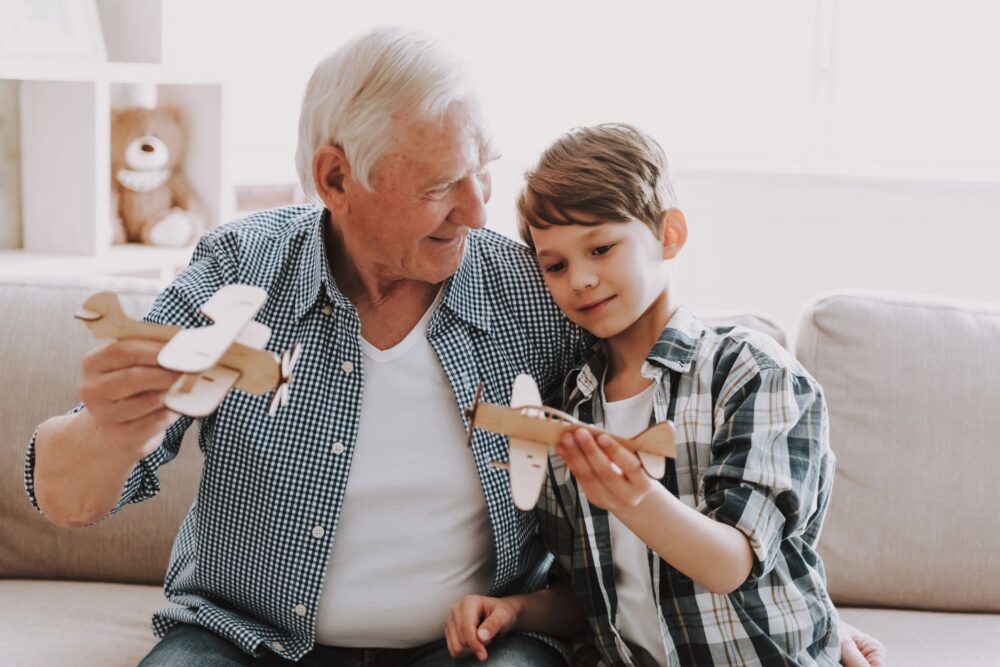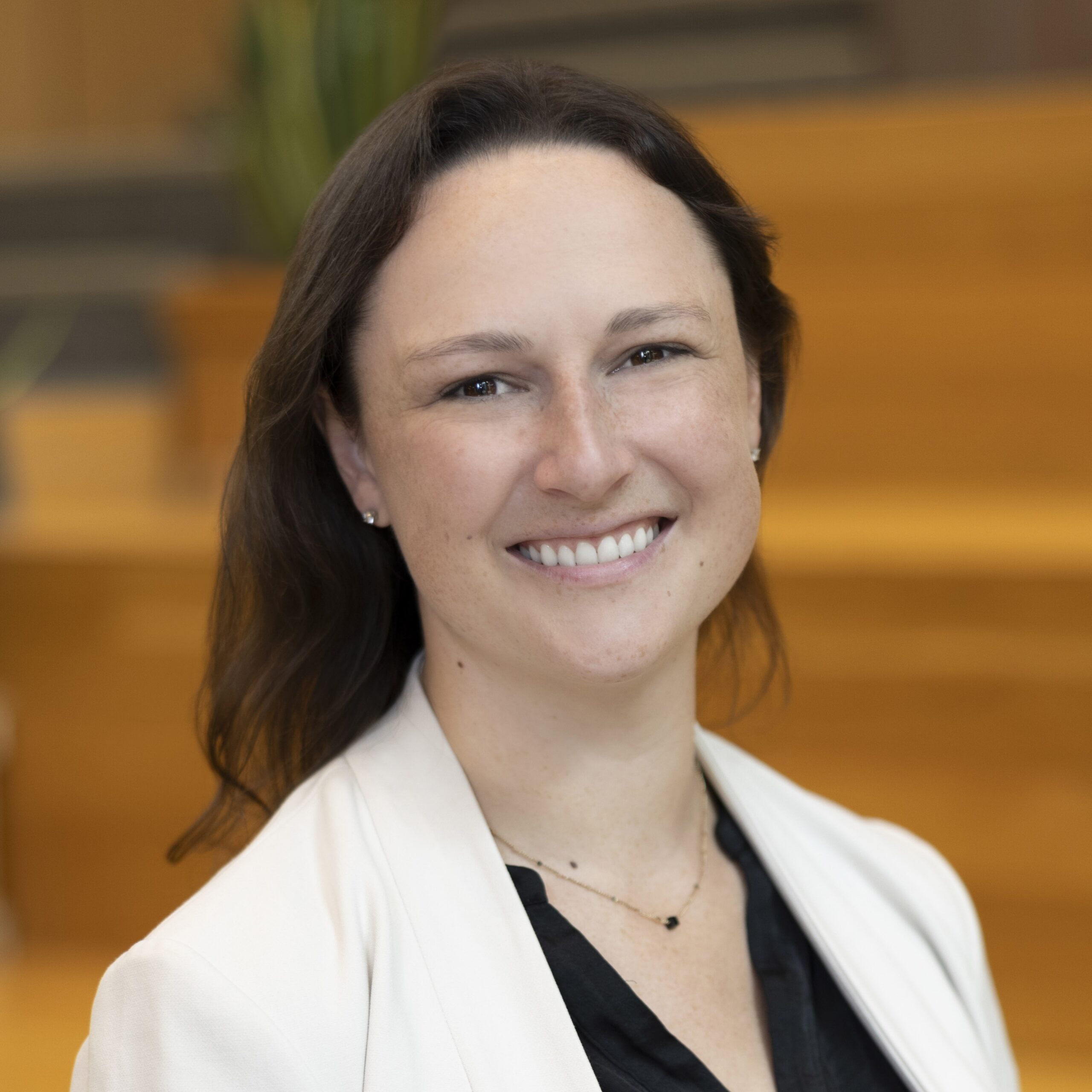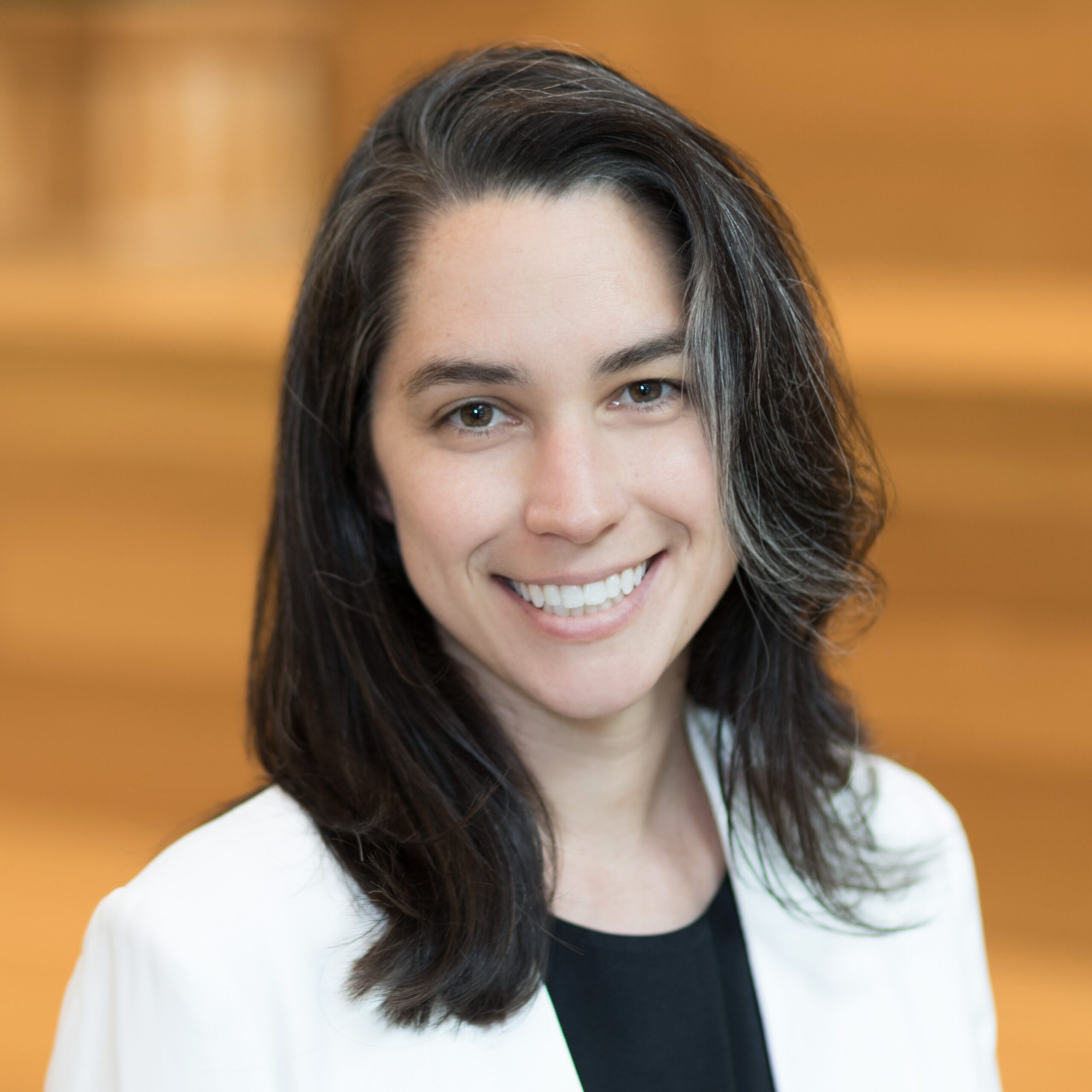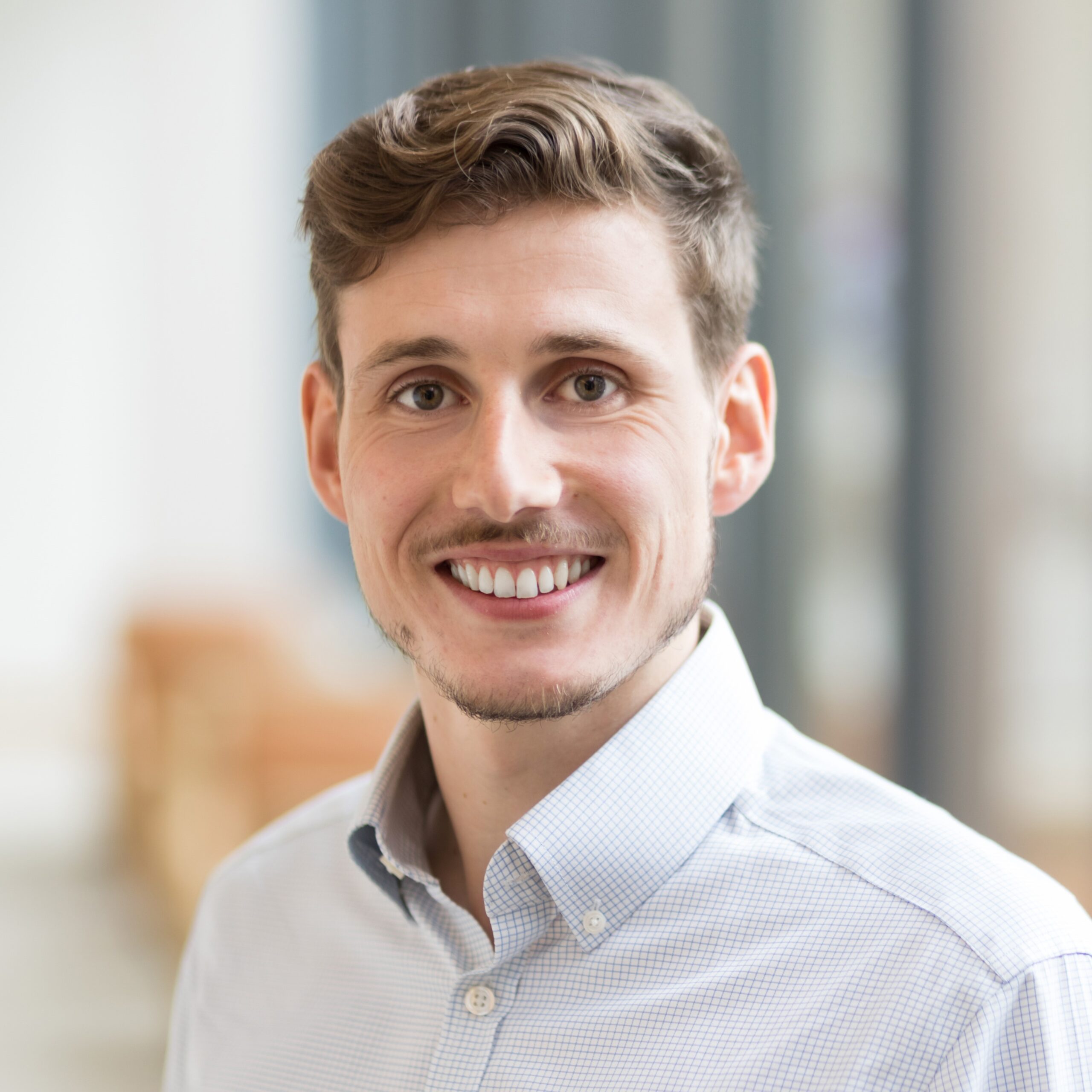Supporting Kin-First Care

We help jurisdictions seek out and support kin caregivers who can offer children a familiar environment during a traumatic time.
Learn More
We help governments work upstream to reduce major drivers of entries to the child protection system, improve equitable access to resources and services, and strengthen supports that keep families together.
Leaders want to reduce child poverty, decrease interactions with the child protection system, strengthen maternal and infant health, and keep families together. In order to do that, communities are reimagining the way they support children and families.
The Government Performance Lab helps governments test methods to:
We help jurisdictions seek out and support kin caregivers who can offer children a familiar environment during a traumatic time.
Learn More
We help governments strengthen community-based resources so families can access relevant, voluntary supports that can address needs that often lead to child protection system contact.
Learn More
We help governments connect substance-using caregivers to voluntary, community-based treatment and supports tailored to meet their holistic needs.
Learn More
We help governments build systems that connect youth to the right mental health supports at pivotal times.
Learn More
We work closely with leaders in child welfare, human services, public health, behavioral health, early childhood, education, and others to improve outcomes for children and their families. Through our work, we build providers’ capacity to contract for results, connect families to the services that can best meet their needs, and use data to actively manage program and service delivery.
View Project
View Project
View Project
Addressing Parental Substance Use
Preventing Child Welfare Contact
Addressing Parental Substance Use
Preventing Child Welfare Contact
Managing Director of Children & Families
Director of Child & Family Wellbeing Initiatives
Director of Child & Family Wellbeing Initiatives
Assistant Director of Children & Families














